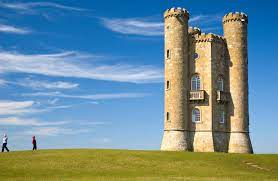I think with T.S. Eliot we will undoubtedly find a more sober voice “… poetry has to give pleasure. If you ask what kind of pleasure then I can only answer, the kind of pleasure that poetry gives” (Tradition and the individual talent)
“Shelley speculated that poets of all ages contributed to one Great Poem perpetually in progress. Borges remarks that poets create their precursors. If the dead poets, as Eliot insisted, constituted their successors’ particular advance in knowledge, that knowledge is still their successors’ creation. Made by the living for the needs of the living.” – Bloom pg. 19 (The anxiety of influence)
“I doubt whether in any real poem only one voice is audible”. Pg 101 Eliot (Tradition and the individual talent)
Terry Eagleton tells us in How To Read A Poem that “poems are peculiarly compressed structures of language which exploit to the full the criss-crossing affinities between their various elements” pg. 52 Eagleton. And also “the text is at its most informative when it deviates unpredictably from one of its codes, creating effects which stand out against this uniform background.” Pg. 55 (How to read a poem)
In a review of Muldoon’s book of his lecture series “The End of the Poem” Peter Conrad said this in The Observer: “Poems, if they are good, need never end. A poem, as Auden said when explaining how one was written, cannot be finished: it is simply abandoned by a poet who can add no more to it. The reader then takes over and, with luck, discovers another kind of endlessness: reading leads to rereading, as the words are coaxed into releasing subtler, richer meanings, dilating into ever ampler contexts.”


No comments:
Post a Comment